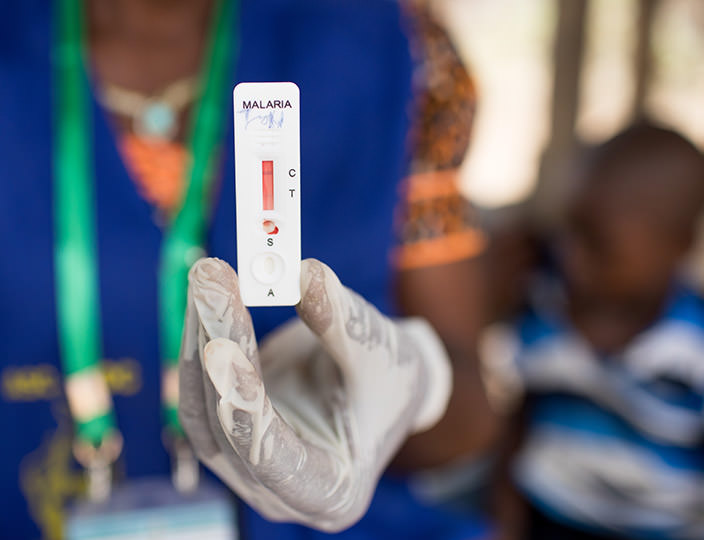
ABOUT MALARIA
Malaria is a disease of the blood that is caused by the Plasmodium parasite, which is transmitted from person to person by a particular type of mosquito.
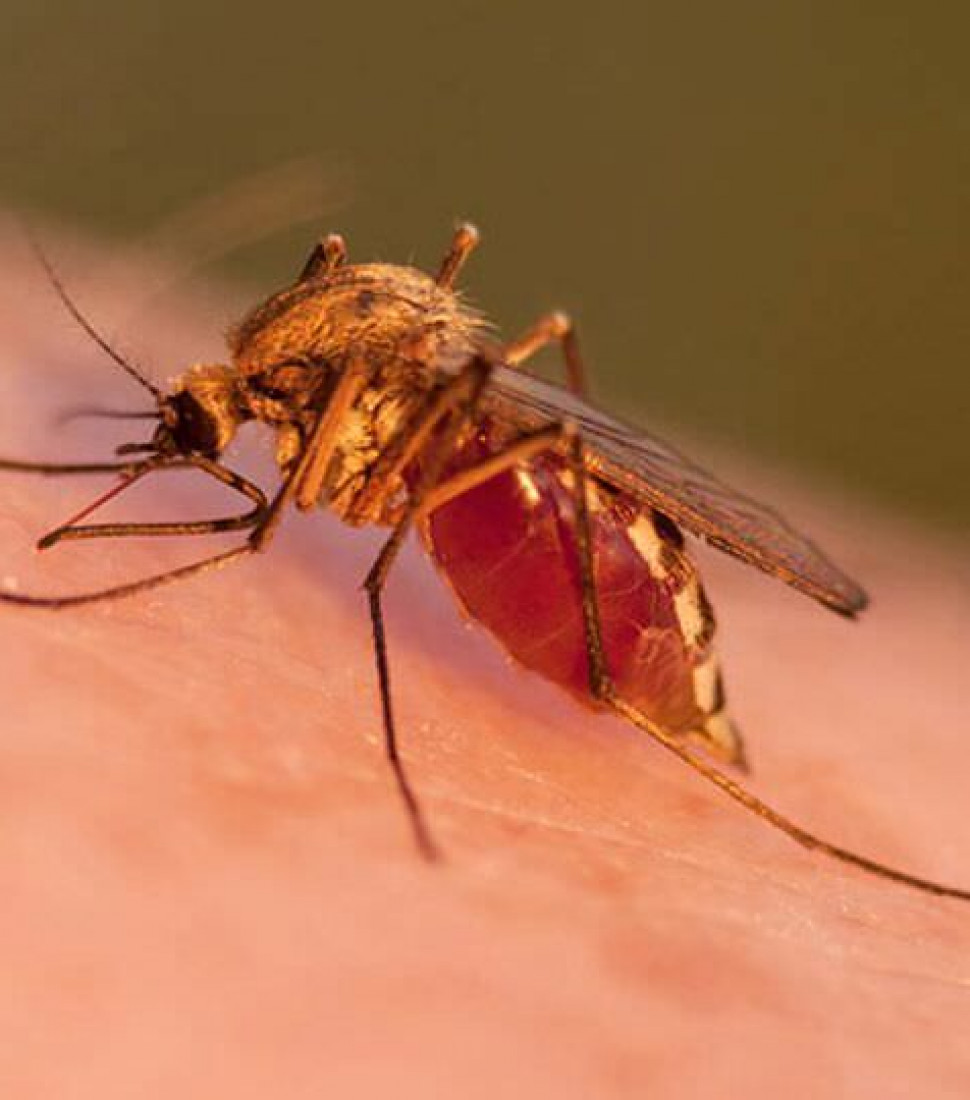
THE ANOPHELES MOSQUITO
The female Anopheles mosquito is the only mosquito that transmits malaria. She primarily bites between the hours of 9pm and 5am, which is why sleeping under an insecticide treated mosquito net each night is crucial in the prevention of malaria.
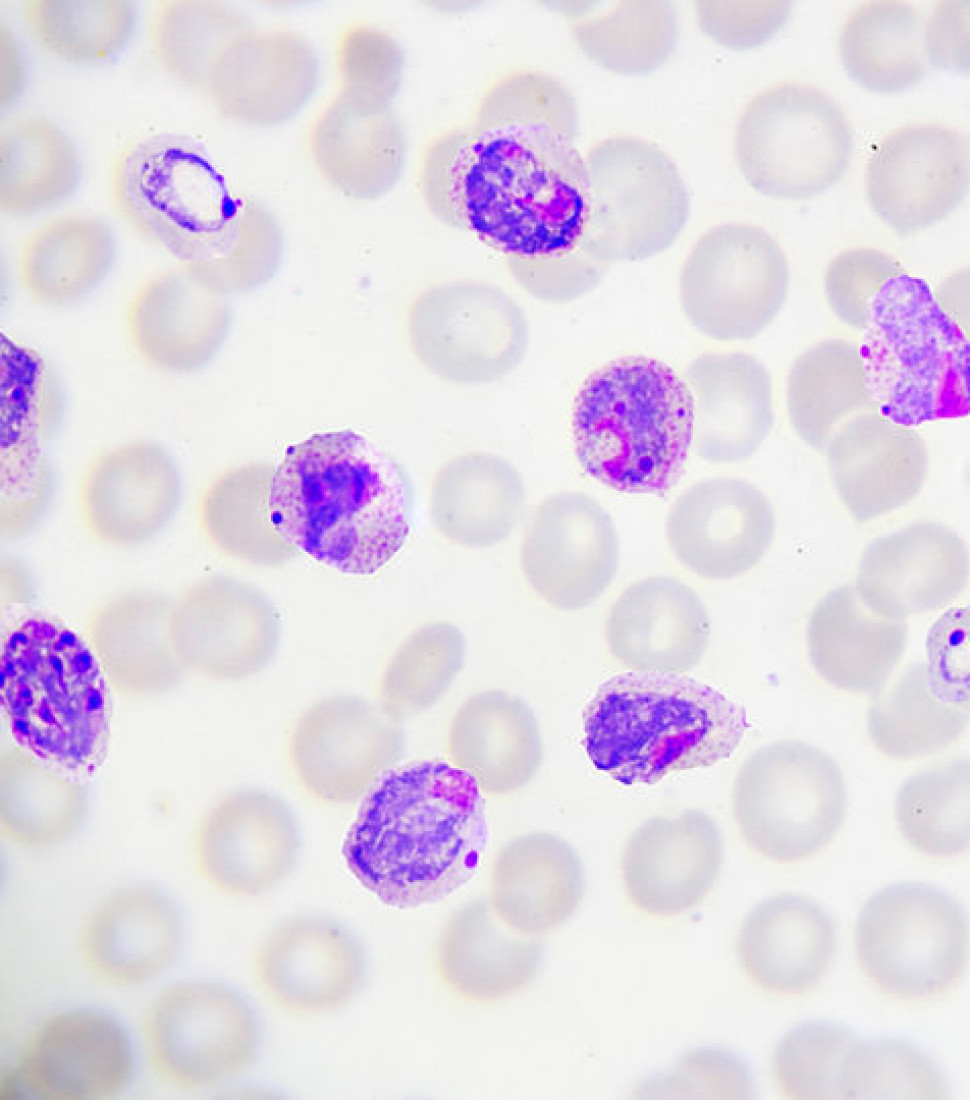
THE MALARIA PARASITE
There are more than 100 species of malaria parasite. The deadliest – and most common in Africa - is known as Plasmodium falciparum. Once the parasite enters the human body, it lodges itself in the liver where it multiplies approximately 10,000 times. Two weeks after entering the body, the parasite bursts into the blood stream where it begins infecting red blood cells.
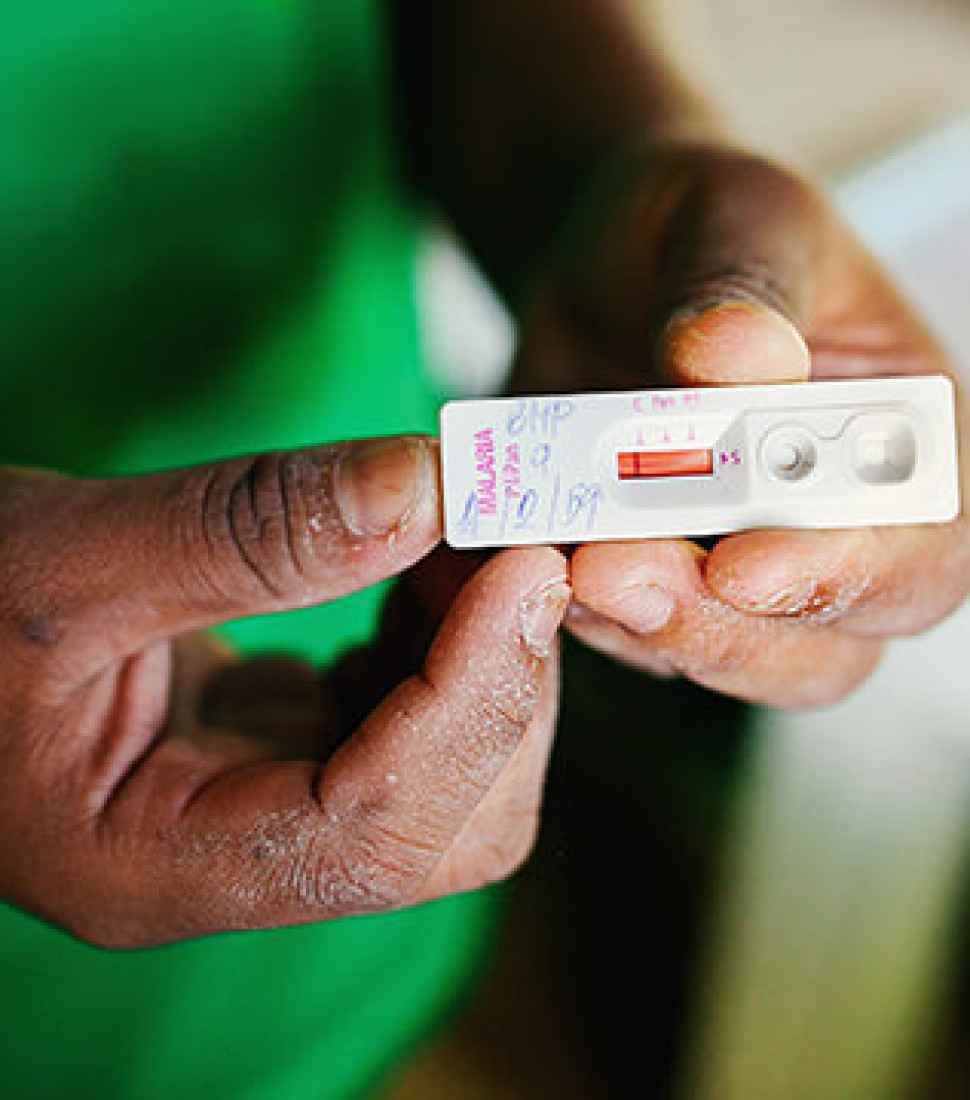
MALARIA SYMPTOMS
Symptoms begin 10 days to 4 weeks after infection, although a person may feel ill as early as 7 days later. Symptoms include fever, headache and vomiting.
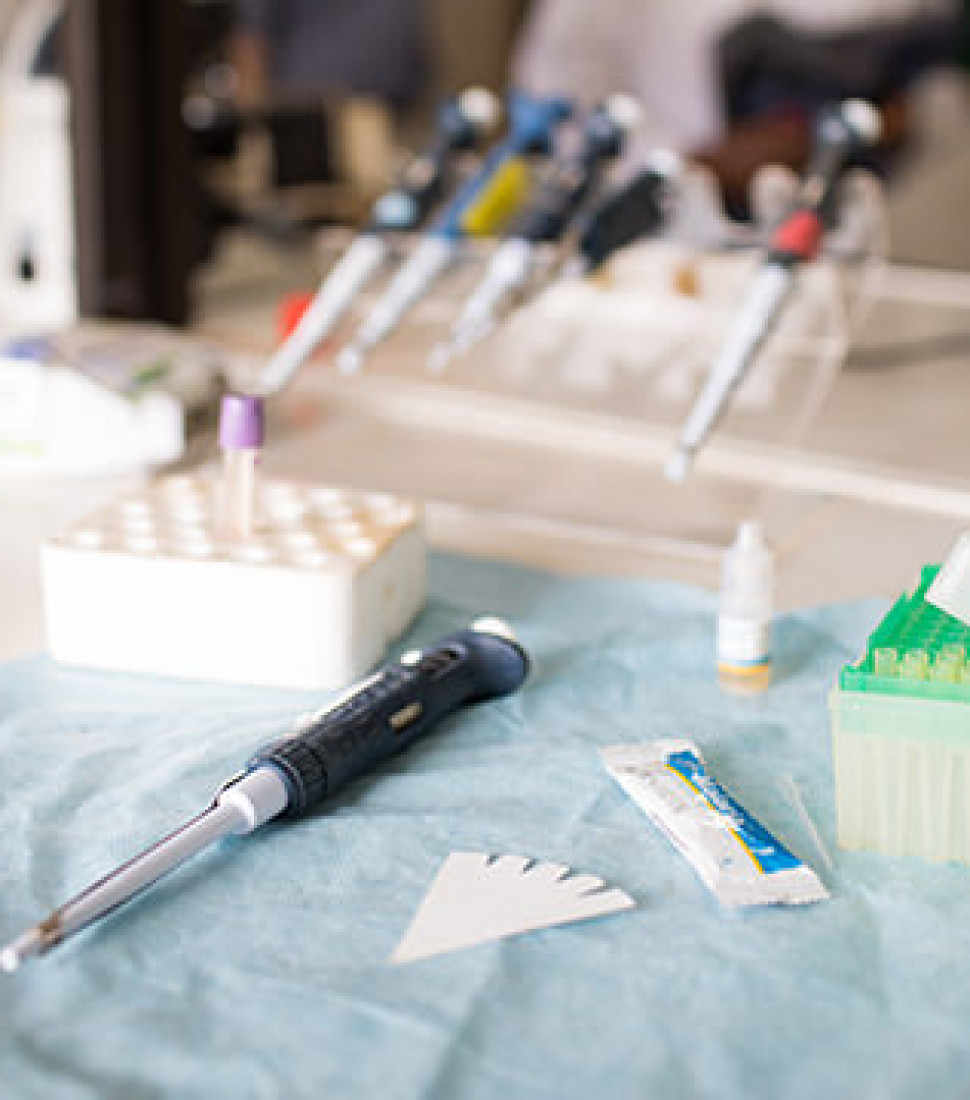
HOW IT KILLS
If drugs are not available or if the parasites are resistant to them, malaria infection can develop to anemia, hypoglycemia or cerebral malaria, in which capillaries carrying blood to the brain are blocked. Cerebral malaria can cause coma, life-long-learning disabilities, and death.
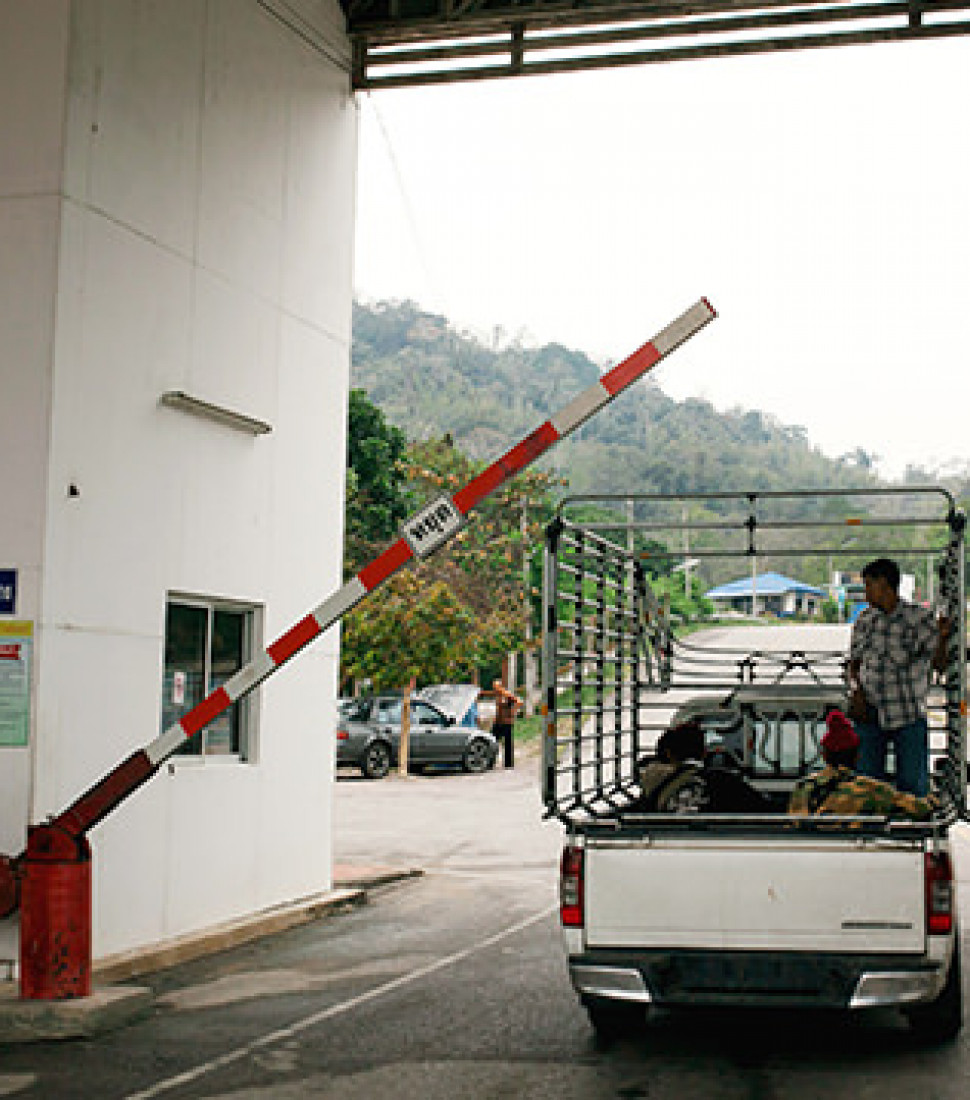
TRAVELERS AND MALARIA
Malaria was eliminated in the U.S. in 1951, however, at least 2,100 Americans are diagnosed here annually, following travel to malaria endemic countries. If traveling to a malaria-risk country, consult your health-care provider on appropriate malaria prevention interventions, like antimalarial drugs. Travelers that become ill with flu-like symptoms, either while traveling in a malaria-risk area or after returning home, should seek immediate medical attention and share their travel history. For more information, visit the Centers of Disease Control.
HELP END MALARIA DEATHS
Your contribution will help us ensure no child dies from the bite of a malaria mosquito. We have the tools to end deaths from malaria now. Let's make malaria no more!
SUPPORT OUR WORK
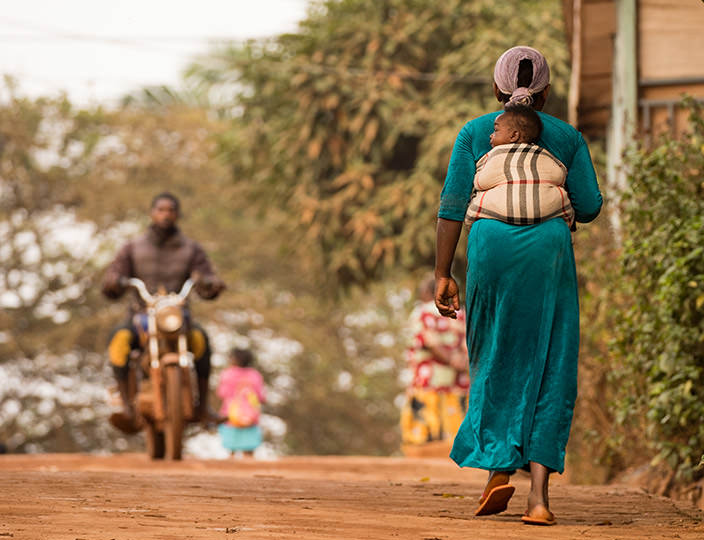
MALARIA’S IMPACT ON FAMILIES AND THE WORLD
Malaria is one of the world’s deadliest diseases, and remains one of the top child killers on the planet. Malaria also keeps children from going to school, families from investing in their future, and communities from prospering, taking a huge toll on lives, livelihoods and countries’ progress.

A CHILD DIES FROM MALARIA EVERY MINUTE
Malaria claims the lives of 600,000 people per year – more than 96% of malaria-related deaths occurred in Africa.
HALF OF THE WORLD IS AT RISK
There were an estimated 241 million malaria cases across 87 endemic countries worldwide in 2020, mostly pregnant women and children.
MALARIA KEEPS MORE KIDS OUT OF SCHOOL THAN ANY OTHER DISEASE
50% of school absenteeism in Africa is a result of malaria. Malaria also can cause lasting learning disabilities.
MALARIA SUCKS THE LIFEBLOOD OUT OF AFRICA'S ECONOMY
While not all adult cases of malaria are fatal, the disease keeps adults out of work and robs families of essential income. The estimated direct costs of malaria in Africa are $12 billion per year (e.g. treatment, premature death, etc.). The cost in lost economic growth is exponentially greater.
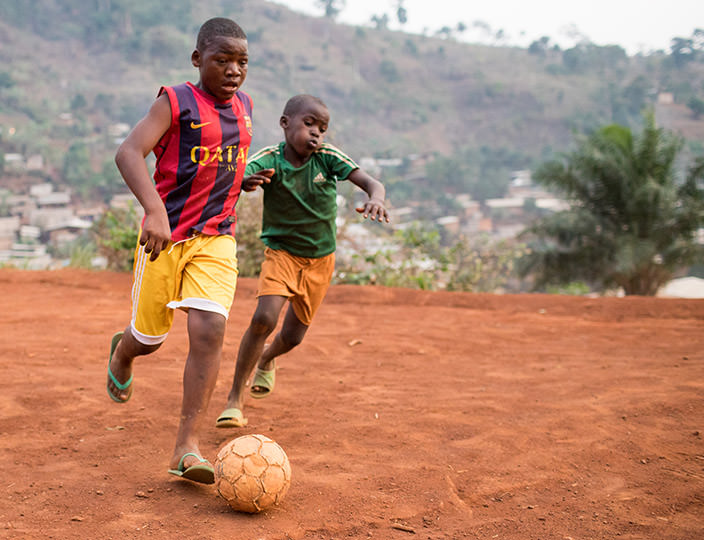
WHAT IT WILL TAKE TO HAVE A WORLD FREE OF MALARIA
Today, the world is better prepared to end deaths from this disease than ever before. Mobilizing key interventions that are highly cost-effective has helped the global health community achieve a 62% decline in the rate of malaria deaths since 2000. But, to ensure we are doing everything we can win this fight, we need to sustain political leadership and increase financial support.
Rapid-diagnostic tests (RDTs) are expanding the world’s ability to quickly confirm malaria cases even in remote settings, ensuring that people get the right treatment when and where they need it.
Artemisinin-based combination therapies (ACTs) are the frontline treatment for malaria. A full course of life-saving malaria treatment can cure a child in one to three days, for as little as $1.
Long-lasting insecticide treated bed nets (LLINs) prevent malaria by creating a protective barrier against mosquitoes at night, when transmissions occur, and can cover two people per net for up to three years.
Indoor Residual Spraying, or spraying on the inside walls of homes, helps kill mosquitoes and reduce the rate of malaria transmission.
Scientists and organizations around the world are working together to accelerate the development of a malaria vaccine (currently in trial) and to ensure its availability in the developing world.
THE END OF MALARIA STARTS WITH YOU.
LET'S BE THE GENERATION TO END THIS DISEASE.
Your contribution will help us ensure that no one dies from a mosquito bite.